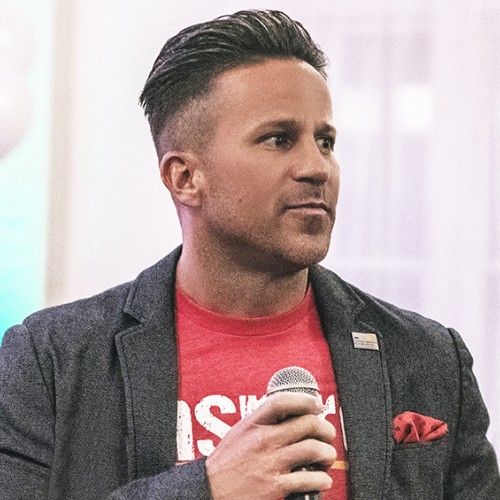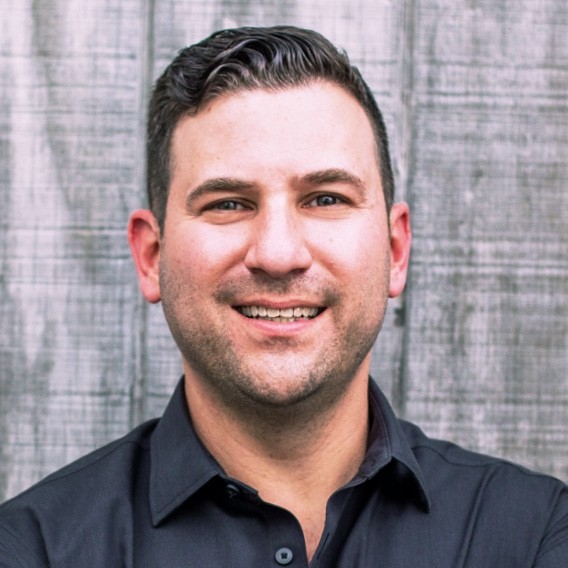Engagement has become a popular metric for measuring satisfaction of employees, productivity, and, to an extent, the health of a company’s culture.
But is engagement a truly accurate metric for measuring satisfaction of employees, productivity, and company culture?
Engagement has clearly shown a correlation to greater productivity and workplace happiness, but how accurate is our method for measuring workplace engagement? Are their leading indicators that might serve as a better metric for how engagement will change?
This article outlines some of the issues with solely measuring engagement and identifies some additional metrics that may provide stronger evidence for when engagement is volatile or calm.
The three issues with only measuring engagement are as follows:
1.Engagement can change in an instant
When an engaged employee becomes disengaged, it is often instigated by one event rather than by some extended sequence of events over time. Most people enter a company excited to get to work and get started, thus are highly engaged. But as they spend more time with the company, they get to know more people and become more accustomed to the workplace. They formulate ideas and expectations about who their coworkers and bosses are and how they are expected to act, and these expectations are compared and contrasted with their own internal compass for how the workplace is expected to operate.
But, when this new and engaged employee is confronted by someone strongly deviating from the expectations in a negative way, this negative event can muddle their expectations and disengage the employee.
This is more than simple conjecture; I’ve heard this same story again and again. For example, a friend of mine works at a company where 1 employee (Director) became frustrated at another employee (Accountant) because the accountant consistently asked the director to redo his expense reports. The director’s frustrations stemmed from the fact that it took him 15 minutes to redo the expense reports. In all fairness, there were mistakes, but the director thought that they were immaterial and insignificant.
So, the director goes to other people in his department to share what a pain in the butt it is to redo the expense reports. He subtly inserts his frustrations into conversations to see if anyone else can relate. If somebody bites, they enter a conversation and begin venting their frustrations about the accountant.
The issue is that word travels fast. The accountant learns about these conversations and doesn’t feel comfortable approaching the director with his thoughts or feelings. He is then posed with the question, “does he do his job properly or not because he knows the director is going to complain?”
The accountant learns about his treatment and switches from engaged to disengaged in an afternoon.
2. Work status changes can temporarily impact engagement away from the average
Similarly to starting a new relationship, there is usually a brief ‘honeymoon’ period when taking up a new role or position. Whether it’s a promotion or a new job altogether, taking over new responsibilities feels awesome at first. We feel eager to learn new things, jump on tasks that need to get done, and are open-minded to the feedback we receive.
Within the first 3 months of starting this role, our engagement is artificially elevated because we are “drinking from the firehose”. There are so many amazing opportunities and interesting new responsibilities that it would be difficult to not be engaged.
If a company measures engagement every 6 months or once per year and their survey includes people within those first 3 months of starting a new role, the results are likely skewed positively. If leadership is relying on this information to make informed decisions about how to best manage their team, they are going to be relying on falsely inflated engagement scores which diminishes the need to positively develop the company. Why provide new activities for their employees when engagement is already high when instead, you could double-down on quotas and operational goals and try to squeeze some extra productivity from their “highly engaged” workforce?
If the engagement numbers are skewed, this type of scenario could put engagement and workplace morale into a tailspin. These artificially engaged employees might become overworked. And when they leave the honeymoon stage and revert back to the mean, their dwindling engagement could reach a critical threshold because leadership pushed when they needed to support.
3. Daily engagement measures lead to survey fatigue
Some companies may claim they eradicate the first two issues because they measure engagement daily.
However, this approach brings a new problem: survey fatigue. If employees are asked the same questions every single day, they are going to grow accustomed to consistently responding a certain way, regardless of the underlying truth. Instead of capturing their engagement, we are simply building a pointless ritual into every employee’s day: the daily survey that only truly measures how quickly they click the “moderately engaged” button.
In this case, gathering more data does not mean necessarily gathering better data. The previous two issues, 1) engagement can change in an instant and 2) that work status changes can artificially inflate engagement are very much still a concern. In fact, daily measurements might be worse than 3 or 6 month measurements because the daily habitual answers could override honesty right up until that event that “flips” the engagement switch.
However, there isn’t all bad news about measuring
workplace engagement. As mentioned earlier in this article, there is a direct correlation to productivity and work satisfaction when engagement is high.
There are leading indicators that can help companies better understand whether or not engagement is susceptible to change.
The leading indicators our team has identified are 1) Communication Barriers between employees and 2) Dysfunctional Turnover.
We define communication barriers between employees as the lack of understanding for the obstacles another employee faces, and we define dysfunctional turnover as turnover from employees that do great work and are engaged but are susceptible to leaving because of something going on in the company (e.g. not due to personal events).
Our team has identified that 68% of engaged employees believe that there are communication barriers between themselves and other employees at work. This is critical to understand because it means that people are forming assumptions about others’ work, but only rarely get chances to find out if these assumptions are based in fact. When employees don’t understand the obstacles faced by their coworkers, they form assumptions about what other employees do. These assumptions can create a lack of empathy, and this lack of empathy creates a high susceptibility for them to become disgruntled and disengaged by someone else’s actions in coordination with their assumptions.
If you can understand how many of your employees experience communication barriers at work, you can begin to gauge how quickly engagement might change.
Dysfunctional turnover also involves communication, but as opposed to the focus being on what other people are doing outside of an employee’s control, it involves the communication an employee receives for their specific job function. When employees feel like they are not getting adequate feedback or communication from their boss, they are susceptible to becoming disengaged. Employees are also susceptible to becoming disengaged when they don’t perceive that their colleagues respect the work they do.
Measuring dysfunctional turnover is not the same as measuring the TIS (Turnover Intention Scale) as the TIS asks for feedback on pretty black and white statements like “I don’t envision myself working for this company much longer.” We measure dysfunctional turnover via factors like communication quality with colleagues and bosses during multi-person tasks and their perception of the respect they receive for the work they do.
In essence, engagement metrics do have a lot of value, but measuring engagement only shows where engagement is at now, not where it will be. Measuring leading indicators like communication barriers between employees and dysfunctional turnover can provide a lens into where engagement is going.




































































